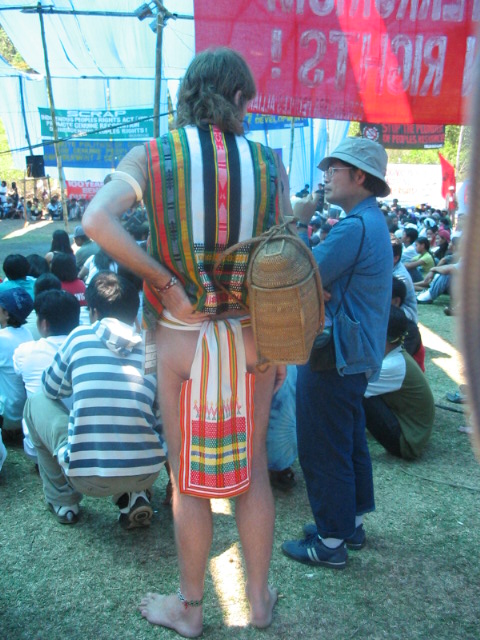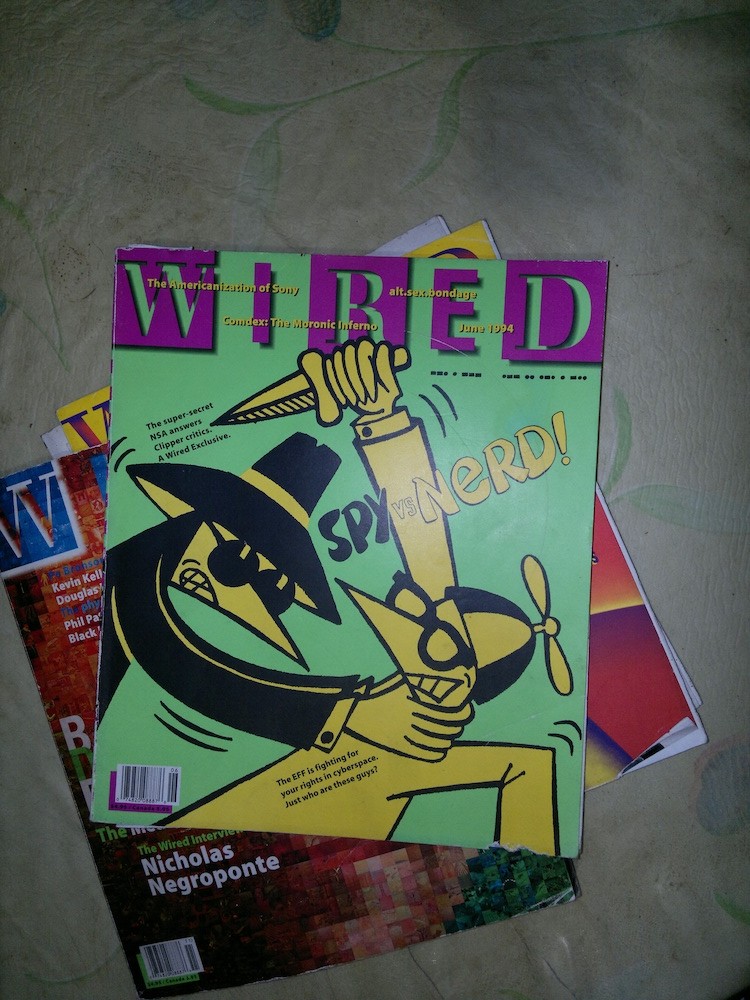LAST DECEMBER 2022 (which seemed so long ago, in infotech terms), at first I had wanted my study group at UP Open University to focus on the potentials of an AI-based operating system (think of Linux on AI steroids) that ran on an alternative PC architecture. This AI-muscled PC would rely almost purely on GPUs + a standard CPU (think of a souped-up Raspberry Pi with external GPUs).
Such an approach would make it much easier for barrio kids to assemble a fairly cheap AI-powered rural network for empowering their province’s educational-cultural and info needs. If successfully deployed in many rural provinces, it could serve as a long-term innovator-disruptor not just in the “IT industry” sense but in the wider socio-economic and political sense.
But since my group was pressed for time, and what with the hype around Midjourney, Dall-E etc., I agreed with the more popular choice to focus on AI generative art and lit — which of course have their own immense (but I now feel, short-lived) innovator-disruptor potentials. I’m still satisfied though with how the research turned out.
But now I want to return to my original interest, advocacy, and prediction: that, in the longer-term, the biggest arena of struggle for cyber-control (in the IT field) will feature the “weaponry” of streamlined mini-PC servers on AI-architecture GPUs (even just Raspberry Pi-based for now).
It would run AI-enabled open-source operating systems and software, and be capable of hosting distributed-cloud services that can empower community-based networks. The network can even shield itself from external attack, to some extent.
So here are some links that should be of interest to 21st-century tech activists:
The key elements of this future 21st-century tech arena of social/class struggles are now here, or fast looming on the horizon. #




